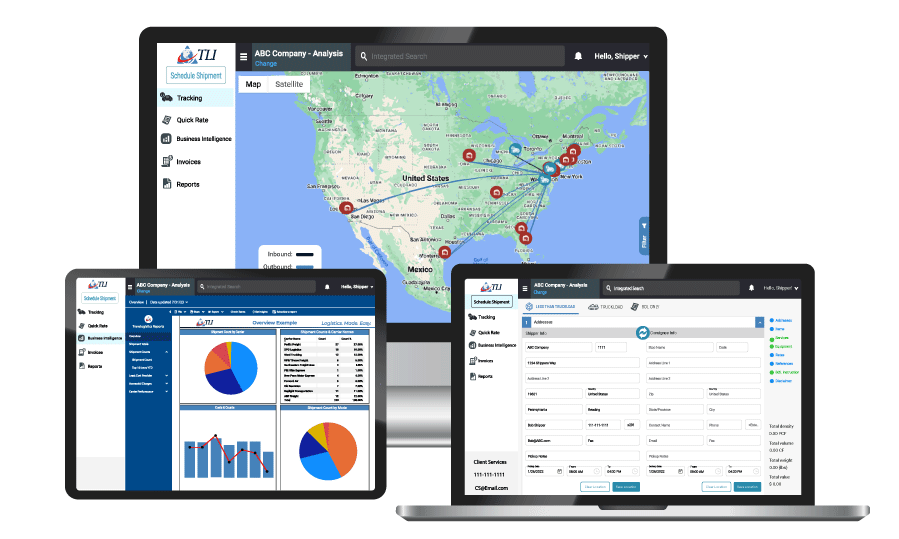In the hectic world of today’s supply chain, moving freight involves more than just trucks and routes. It’s all about data and flexibility and having the appropriate system in place for any eventuality that may arise. For a manufacturer looking to get their products out in time, or a distributor juggling multiple shipments a day Your logistics partner has to provide more than shipping services. They should provide security, control and transparency.

Image credit: translogisticsinc.com
That’s where modern freight brokerage services and technology-driven 3PL providers step in to change the game.
The Modern Freight Broker is more than an Middleman
Traditionally, a freight broker was seen as someone who simply connects shippers to carriers. Today, freight brokers are strategic partners who manage logistics on behalf of clients. They aid clients negotiate better prices, find reliable carriers, solve disruptions and avoid costly delays.
A reputable freight broker can help you save time and money by avoiding logistical problems which could impact your bottom line.
Translogistics, Inc., or TLI is changing the relationship between companies and their customers. By offering multimodal freight brokerage services, they allow businesses to shift between parcel, LTL (less-than-truckload), and volume LTL shipments depending on urgency, budget, or customer needs. This adaptability is even more important today than in the past.
The 3PL Provider: An Additional layer of strategic planning You Never Really Need
If you’re juggling several carriers, managing invoices, tracking the shipments manually, or managing claims in spreadsheets, it may be time to consider a 3PL provider. Third-party logistic partners can help save time by taking over the tedious work.
A good 3PL offers more than outsourced services. They bring structure, strategy, and experience. They can analyze your shipping patterns and suggest the most efficient options. They also bring technology-driven processes to your logistics department. With 3PLs, you’re no longer reacting to problems you’re trying to prevent them from occurring. In a business that requires transparency and efficiency, the tools used behind the scenes can make huge differences.
What is the role of a Transportation Management System?
Consider a transportation system as the central point of control for your shipment. It is the digital brain that allows you to organize, track and optimize your shipments using a single platform. A TMS provides you with the control and visibility you were lacking. It’s able to handle everything from creating Bills of Lading to viewing real-time rates of carriers.
Translogistics ViewPoint TMS platform was developed with these exact intentions in mind. It does not just compare rates across various modes, it also incorporates the use of AI-powered drag-and-drop to enter shipment data, which eliminates the manual typing that slows teams down. This is a good example of how logistics technology is evolving to allow for quicker, more efficient and more accurate processes.
The partnership is the key to success
Logistics isn’t only about systems and services. It’s about people. It’s about having a team with you who understands what’s at risk when a shipment becomes delayed or a carrier falls through. That’s why choosing a 3PL or a freight broker doesn’t have to be a decision based on transactions. It’s also a decision that’s strategic.
Find a vendor who listens, adapts, and invests in the technology that keeps your supply chain running smoothly. Someone who takes your shipment seriously and takes them seriously and treats your shipments with the same urgency that you treat your own. A well-designed support system can turn the chaos that is freight into a productive operation and assist your business grow. Modern logistics is not just about moving things. It’s about advancing the process.